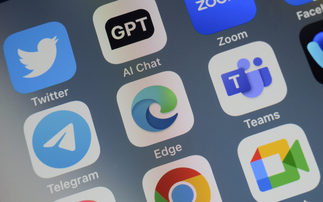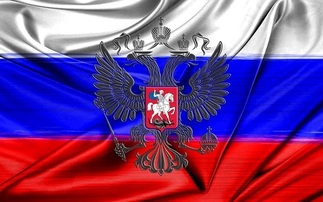Prime Minister tells CeBIT trade show that UK and Germany could drive a new industrial revolution
Prime minister David Cameron has pledged £45m to help develop the internet of things. He made the announcement at the CeBIT technology trade show in Hannover, Germany. "I see the internet of ...
To continue reading this article...
Join Computing
- Unlimited access to real-time news, analysis and opinion from the technology industry
- Receive important and breaking news in our daily newsletter
- Be the first to hear about our events and awards programmes
- Join live member only interviews with IT leaders at the ‘IT Lounge’; your chance to ask your burning tech questions and have them answered
- Access to the Computing Delta hub providing market intelligence and research
- Receive our members-only newsletter with exclusive opinion pieces from senior IT Leaders






















